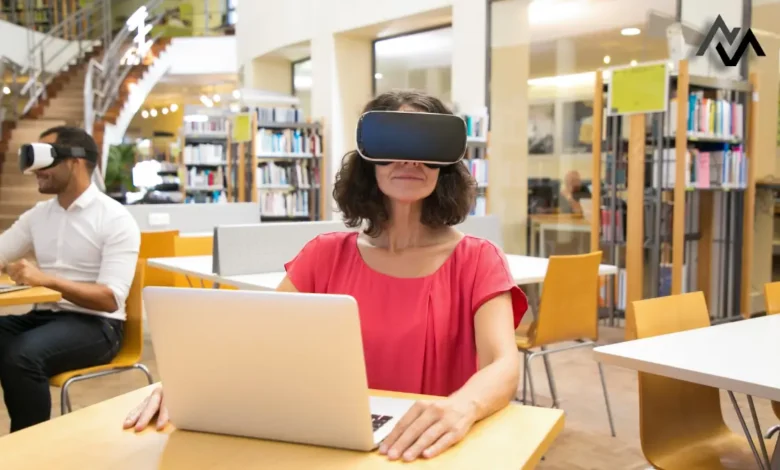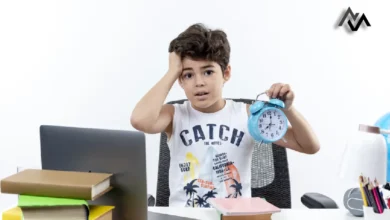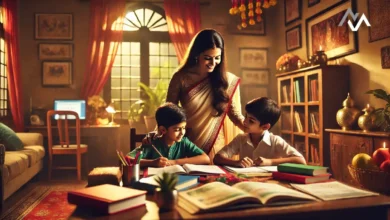Are AI Tutors Replacing Human Teachers in Education?

The rise of Artificial Intelligence (AI) in education has sparked widespread debates: Are AI tutors truly capable of replacing human teachers? With digital classrooms, smart algorithms, and personalized learning platforms gaining momentum, the future of education seems to be transforming rapidly. However, while AI tools offer impressive advantages, they still fall short of replacing the human connection that traditional teachers bring to learning environments.
AI Tutors: A Game-Changer in Modern Education
AI-powered tutors have undoubtedly reshaped how education is delivered. These tools are designed to provide students with customized learning experiences, tailored to their strengths and weaknesses. By using advanced algorithms, AI tutors can assess a learner’s progress, adapt lessons in real-time, and provide instant feedback.
For example, platforms like Khan Academy, Duolingo, and other AI-driven tools analyze student performance and create personalized study plans. Students can learn at their own pace, repeat concepts as needed, and tackle challenges without pressure. AI makes learning accessible 24/7—breaking barriers of time, location, and even affordability.
In subjects such as mathematics, science, or language learning, AI tutors have proven to be highly effective. They streamline repetitive tasks for teachers, such as grading or providing routine explanations, allowing educators to focus on more complex aspects of teaching. This efficiency has made AI an invaluable tool in modern classrooms.
The Human Touch: Why Teachers Are Irreplaceable
While AI tutors bring precision, speed, and data-driven insights, they lack the emotional intelligence and adaptability that human teachers possess. Education is not just about transferring knowledge—it’s also about fostering curiosity, building confidence, and nurturing emotional well-being. Human teachers play a vital role in shaping a student’s personality, providing mentorship, and creating a sense of belonging.
Imagine a student struggling with a personal issue—AI tutors can’t recognize non-verbal cues like body language or emotional distress. A compassionate teacher, on the other hand, can step in with timely guidance and support.
Teachers also inspire critical thinking, creativity, and problem-solving—skills that go beyond the scope of algorithms. By engaging in meaningful discussions, asking thought-provoking questions, and encouraging collaboration, human teachers help students grow in ways AI simply cannot.
Blending AI and Human Expertise: The Future of Education
The most promising path forward lies in a hybrid education model, where AI tools complement human teachers rather than replace them. AI can handle repetitive tasks, provide data-driven insights, and personalize learning journeys. Meanwhile, teachers can focus on mentoring students, fostering creativity, and addressing social-emotional learning needs.
For instance, AI tutors can help identify gaps in a student’s understanding and suggest specific topics for review. Teachers can then use this data to design engaging, targeted lessons that resonate with students on a deeper level. Together, AI and human teachers can create a powerful learning ecosystem that balances technology with empathy.
Conclusion: An Evolving Partnership, Not Replacement
While AI tutors offer immense potential to revolutionize education, they are not here to replace human teachers. Instead, they act as valuable tools that enhance teaching effectiveness, accessibility, and personalization. The future of education lies in finding the right balance—leveraging AI’s capabilities while preserving the unique human connection that teachers bring to the classroom.
Ultimately, technology will continue to shape education, but it is the heart, passion, and wisdom of human teachers that will continue to light the way for generations to come.




